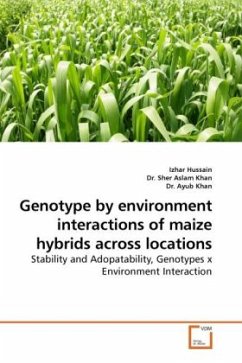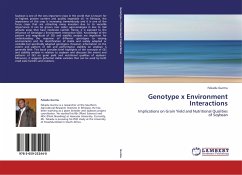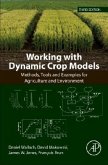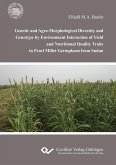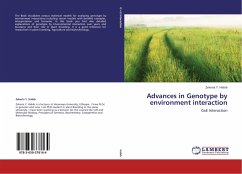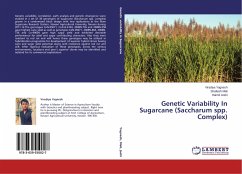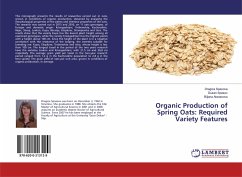Maize being the highest yielding cereal crop in the world is of significant importance for countries like Pakistan, where rapidly increasing population has already out stripped the available food supplies. In Pakistan maize is the third important cereal crop after wheat and rice. It accounts for 5.44% of the total cropped area and 3.5% of the value of agricultural output. It is planted on an estimated area of 1.02 million hectares with an annual production of 3.1 million tons. This concept of stability is useful for quality traits, disease resistance and for stress characters like winter hardiness . A stable genotype has the ability to show good adaptability in a wide range of environments. In breeding for wide adaptation, the aim is to obtain a variety, which performs well in nearly all environments; and breeding for specific adaptation. The present project was therefore aimed to evaluate 13 maize genotypes for their adaptability and stability of performance for yield and yield components at four different locations in North Western Pakistan.
Bitte wählen Sie Ihr Anliegen aus.
Rechnungen
Retourenschein anfordern
Bestellstatus
Storno

